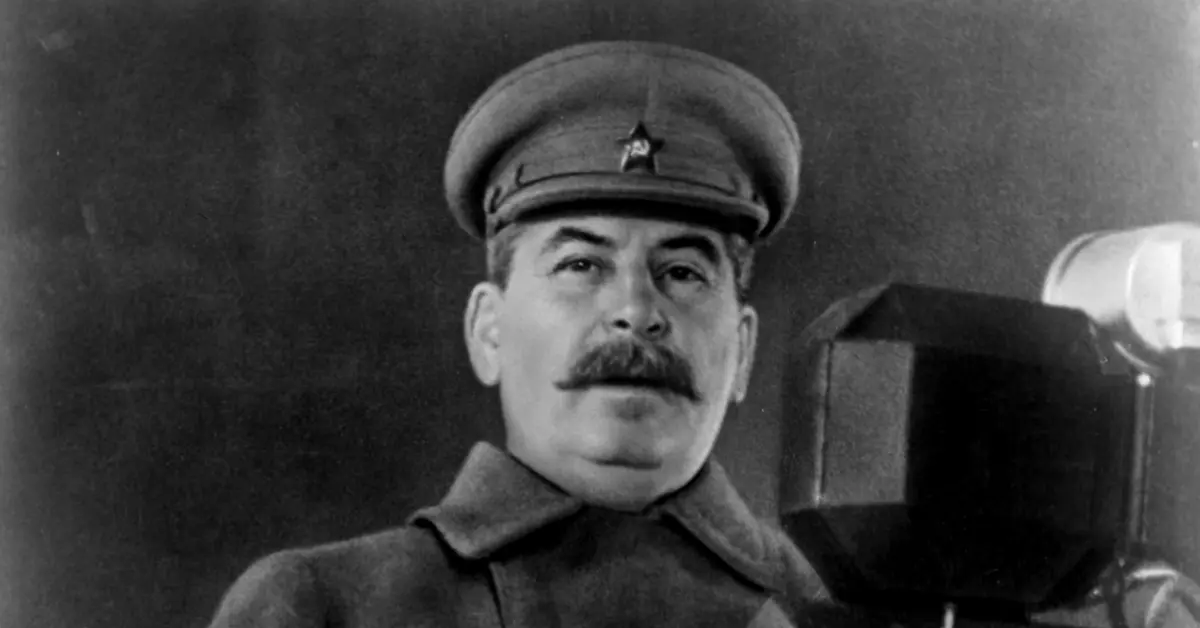The Soviet leader is often mentioned in connection with a cynical phrase that is associated with the era of repression and mass death during the Great Patriotic War. We checked to see if he said that.
The author of Stalin’s quote is said to be such sources as "News", magazines "Moscow", "Session" and various collections of aphorisms. Famous people who have done this include political commentator and psychologist Leonid Radzikhovsky, philosopher and radio host Boris Paramonov and many others. The quote is also popular in Western publications. In 1995, she was mentioned in connection with Stalin during a debate in the British House of Commons.
But if we try to find a quote in Stalin’s speeches, letters, diaries or any other texts, we will not find anything similar. Blogger Evgeny Shultz (aka Alexander Evsin) assertsthat Stalin uttered a fundamentally different phrase. Allegedly, in the first days of the Great Patriotic War, when the reasons for the heavy losses of the Soviet army were being analyzed, some members of the government noticed that this was a tragedy of the commanders, not the fault... And Stalin responded with questioning intonations: “The death of one person is a tragedy. Is the death of thousands of people a statistic?” However, Schultz's version is not confirmed by any serious source and, apparently, is completely fictitious.
Also in many sources approvedthat Stalin’s statement is nothing more than an altered quote from Erich Maria Remarque’s novel “The Black Obelisk,” published in 1956, after the death of the Soviet leader. In one of the episodes of the novel the hero ponders: “But, apparently, this always happens: the death of one person is death, and the death of two million is just statistics.” This is also an incorrect reference, since the quote was first attributed to Stalin during his lifetime, in 1947. Then in one of the issues of an influential newspaper The Washington Post Leonard Lyon published an article about the famine in Ukraine. According to the journalist, Stalin interrupted the speaker, who was reporting on the number of deaths in the republic, with the words: “When one person dies of hunger, this is a tragedy, when millions are statistics.” And 11 years later in another famous newspaper The New York Times a review was published on the biography of Anne Frank, where “hunger” was no longer mentioned in Stalin’s quote: “One death is a tragedy, a million deaths are statistics.” In the same 1958, the quote was also published in Russian - in the journal of the Central Association of Political Emigrants from the USSR "Freedom".
Where did this phrase come from? Although there are many quotes with similar meanings (for example, “One murder made a villain, millions made a hero”) was known in the West long before the birth of Stalin, but its most likely source is considered article German journalist Kurt Tucholsky, published in 1925 in the newspaper Vossische Zeitung. In it, as an example of French humor, the author cites the statement of an unnamed Parisian diplomat: “War? I can't call her terrible! The death of one person is a disaster, a hundred thousand deaths are statistics!” Most likely, this remark became the prototype not only of a phrase attributed to the Soviet leader, but also of a quote from another German author, Remarque.
Incorrect quote attribution
Read on the topic:
If you find a spelling or grammatical error, please let us know by highlighting the error text and clicking Ctrl+Enter.






